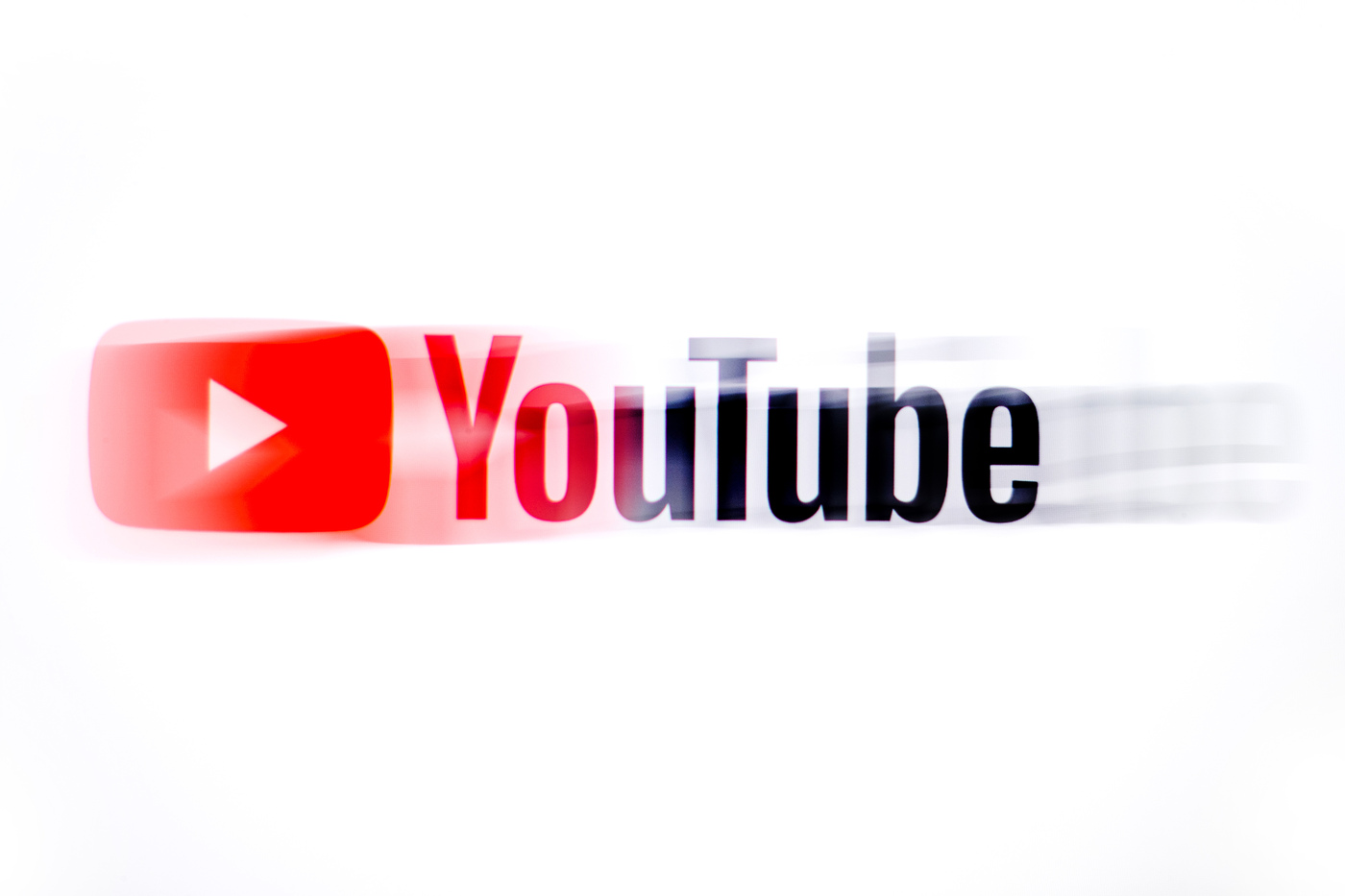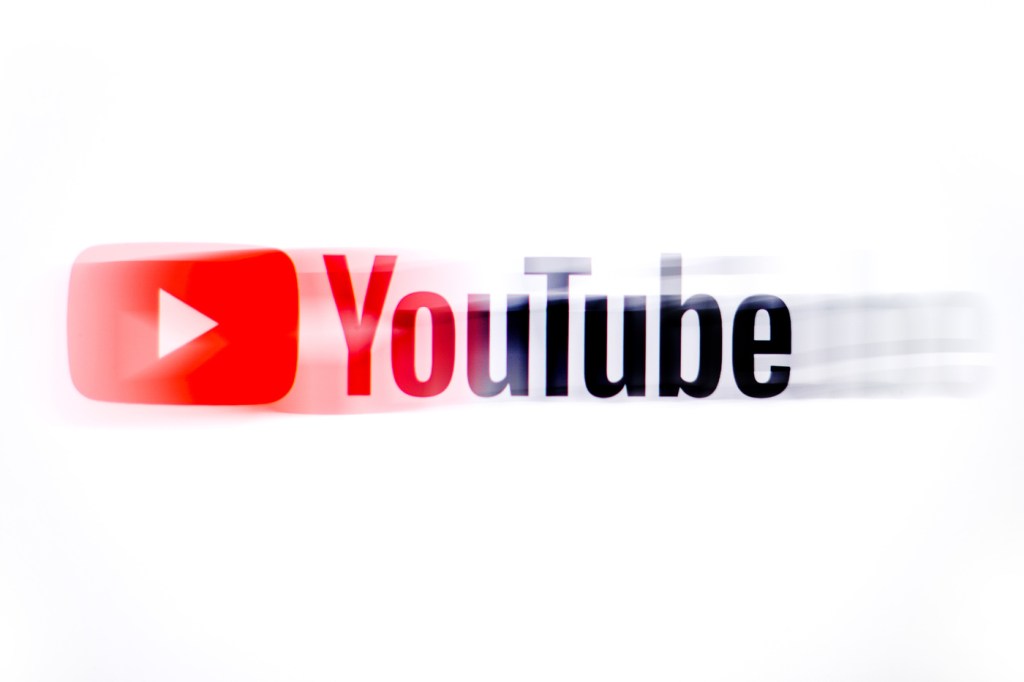Will YouTube’s AI music deals change the industry?

Lawsuits and offers from YouTube to record labels show that an industry is entering legally tricky territory when it comes to music generated by AI.

YouTube is making the music industry’s biggest record labels an offer they hope they can’t refuse: According to the Financial Times, they will get the right to train its artificial intelligence with their artists’ music in exchange for “large sums of money.”
The Google-owned website has started talks with major players such as Sony Music Entertainment, Universal Music Group and Warner Records. At the same time, the same record labels have filed two lawsuits against AI song generators Suno and Udio, alleging copyright infringement and exploitation of artists’ works without their consent.
This may seem contradictory at first glance, but Alexandra Roberts, a professor of law and media at Northeastern University, says it shows that “a clear ‘no’ to AI is not an option for the music industry.”
The problem – at least for record companies – seems to lie not in the technology and its ethical implications for the reproduction of an artist’s voice, but in who has control over it, says Roberts.
Roberts points out that even within the music industry, there is disagreement about how and whether AI should be used at all. While major record labels are beginning to explore the legal terrain around the use of AI, claiming they are doing so to protect their artists, many artists have expressed their open opposition to its use in the industry. This will likely play a role in how record labels work with companies like YouTube, Roberts predicts.
“Labels and other people in the industry don’t want to alienate (artists) or be sued by them,” Roberts says.
Whether through lawsuits or handshakes, everyone involved, from record labels and artists to the companies behind the technology, is trying to navigate this legally tricky terrain. As more people start tinkering with the technology, it raises pressing legal questions about how AI-generated works fall under or run afoul of existing copyright, fair use and privacy laws.
“There are all these really nuanced questions that will be somewhat new in court,” Roberts says.
Legally, it’s still an open question whether training AI on an artist’s work itself constitutes copyright infringement, Roberts says. It depends on what aspect of the music an artist or record label owns the copyright to. The sound recording, the underlying musical work and the composition can all be copyrighted, depending on the artist or specific work.
Even if an AI-generated song is copyrighted, it could violate another area of intellectual property law. It could, Roberts said, infringe on an artist’s right of publicity, a legal protection against the unauthorized use of a person’s name, likeness or other personal characteristics for commercial purposes. A law passed in Tennessee, home of Nashville and country music royalty, has even expanded the definition to include a person’s voice.
Roberts says it would not be a surprise if other states followed suit.
“We’ve seen states that already had privacy laws or common law protections expand those,” Roberts says. “That seems to be the direction they’re heading, and there’s also increasing discussion at the federal level about a federal privacy law and/or something a little more like what we’ve seen in Tennessee.”
The answers to these legal questions surrounding AI are still being determined and decided in cases like those filed against Suno and Udio. But one thing is clear, Roberts says: AI will continue to play a role in the music industry, with or without precedent. The technology is already being used in more experimental ways than in an AI-generated Drake song.
“People are fascinated by the technology and want to play along,” says Roberts. “They don’t want the people who developed the technology to make all the decisions.”
Arts and Entertainment
Latest Stories


:max_bytes(150000):strip_icc():focal(742x120:744x122)/prince-william-and-taylor-swift-112823-1-7f05fb18d7074b48b908501ae1cb1b74.jpg)

